An aritcle by Sara Campbell from SarasMusicStudio.com.

Vacations, holidays, and summer activities can really wreak havoc our teaching schedules! Combine those factors with income loss and lack-luster practice because of busy students and what’s the result?
You’ve got the Summer Lesson Blues!
If you’re like me – teaching in the summer is a necessity.
Like most entrepreneurs, my studio has to function on a year-round basis, and the summer months are no exception to that fact. When I first started as a piano teacher, I lamented daily over the income I lost during the summer months.
After all, who wants to work on a beautiful summer day and make only 30% of their projected income? No thank you!
Take heart, my fellow teachers! You don’t have to sing the summer blues because of missed income opportunities and lack-luster lessons. I’m here to share 3 easy tips with you that will help you keep your income steady and totally rock and inspire your studio.
P.S. Be sure to stick around ‘til the end! I’ll be sharing lots of summer resources you’ll want to check out, PLUS a creative summer FREEBIE, and exclusive offer for Tim Topham readers!
So how do you avoid getting the Summer Lesson Blues?
It all starts by getting your students to the piano bench this summer…
Step #1: Establish a flexible schedule.
Give your parents, students, and yourself a flexible schedule. This helps prevent last minute cancellations so you can enjoy your time in and out of the studio.
Working around summer vacations, camps, and other activities can be rough, especially if you have a large studio or if you have kids of your own. (Thankfully my cat keeps her summer schedule light and is very accommodating if I need to teach the occasional morning hours.)
It comes down to this: we all need flexibility during the summer.
Before I get into what a flexible schedule might look like, let me dispel a little myth: flexibility does not mean endless reschedules, crazy hours, or loss of income. If anything, this kind of flexibility should help your summer months run more smoothly and keep your revenue steady.
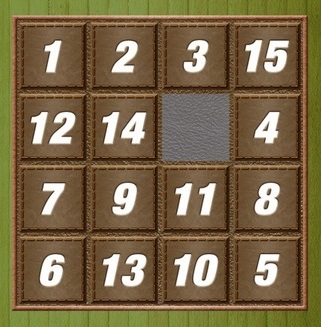
Ever feel like this when you’re scheduling lessons?
There are so many ways to build a flexible summer schedule. It all starts with summer lesson requirements.
That’s right. Required summer lessons.
My studio is required to attend a certain number of lessons June through August, and they do so by purchasing lesson packages that are scheduled around their summer activities.
How does this work? It’s not as hard as you might think.
If you have a small studio and are very organized with a paper and pen, you might find it easiest to do this process with paper forms.
If you have more than 15 students, or if the thought of playing “Mystic Square Schedule” is too daunting, you’re probably better off using a scheduling service such as Sign-Up Genius, You Can Book Me, Simply Book, or Appointy.
What my flexible summer looks like…
For the past three years my studio has used You Can Book Me to book summer lessons.
It syncs up with my Google Calendar, which is convenient because I already use it for lesson scheduling year round. The basic set-up is simple: Block off the times you don’t want to be available and then use your scheduling service of choice to create lesson slots.
Because my studio has a mix of parents who work and stay-at-home, I like to create a summer schedule with evening and morning/early afternoon availability.
This gives kids (and myself) maximum flexibility to enjoy the summer. Here’s what a typical week might look like (minus 35 or so lessons, of course).
Wait… a schedule that’s done by 5:30pm or even 3:00pm?
Yep! By adjusting my work hours to earlier in the day, I’m able to do two important things: 1) give parents early afternoon/morning hour availability, and 2) give myself a couple of evenings off. Imagine being able to go out to dinner with friends who work a “regular” schedule.
You might actually be able to have a social life this summer!
Once you set your schedule, the rest of the work is done by the parents/students. All they have to do is use your scheduling service to book lessons around their vacations and activities.
Just send them the link with instructions and most families are good to go. It might take a little extra assistance for some families who aren’t very tech-savvy, but it’s easy to set aside 5 minutes during a lesson to walk them through their first lesson booking.
**BONUS: Most scheduling software offers automatic reminder options via text or email, which helps parents remember different lesson days/times and makes your job as a teacher so much easier. To avoid last-minute cancellations, I like to set my reminders to send out 48-hours in advance, just in case parents need to swap days or times. Easy, peasy!
Looking for more ways to schedule summer lessons? Check out Tracy Selle’s “No-Stress Way to Schedule Summer Lessons.”
WHEW! Ok… moving on. Now it’s time to have a little fun. The next two tips will help make your studio an exciting place to be during the summer months!
Step #2: Ditch the method books.
Give students some really FUN reasons to come to piano lessons this summer.
That’s right, you heard me! Summer is a time for exploration and fun, so shake things up and set those method books aside for a couple of months.
Do something different or new and give your students a bit of a break from their normal routine.
Here are a couple ideas that have worked really well in my studio: Summer Song Lists and Individual Projects.
Summer Song Lists: Start by asking your students what kind of music they want to learn. Pop? Rock? Broadway? Video game music? Polka? (Haven’t had any takers on that last genre just yet.)
Make a list of pieces that they want to learn. Pick a song or two each week and teach the students the “hook” (cool part) of the song, or teach them how to improv on the chord progression.

Help your students ROCK this summer!
Nervous about that sort of thing? Tim Topham has all kinds of resources to help you make something that sounds really awesome.
Check out his Top 10 Pop Songs to get started! And of course, if sheet music is more your style (nothing wrong with that), you can always check out musicnotes.com and pick out arrangements that suit your needs.
Helping students learn their favorite songs is a simple yet very effective way to making summer lessons fun. Your students will be so excited to attend lessons they’ll practically be skipping through your doorway.
**Teacher/Parent BONUS: Pop music gives you the perfect opportunity to teach tons of music theory, plus it gives students a huge incentive to practice at home.
Get students excited about summer lessons by helping them develop an “Individual Project.”
Individual Projects (IPs) are the perfect way to motivate creative students, especially teens.
This year I have several teen students who will be working on IP music videos. They’ve picked out some of their favorite repertoire and this summer we’ll polish those pieces up, record their efforts, and edit them into cool looking music videos.
Don’t let the techie side of this sound too daunting – it’s really simple to edit on apps like iMovie, and most of your students already know how to do these things!
Other Summer Fun Ideas: If the thought of pop/rock and music videos has your teeth on edge, remember… setting the method books aside doesn’t mean that you have to stop introducing new concepts or techniques. In fact, the extra lesson time actually gives you more opportunities to put fun twists on technical skills.
The point is to make summer lessons different and fun – this inspires parents and students to stick around during the summer months and it keeps the learning process moving forward.
How about a “Summer Scale Olympics” challenge or a “Rhythm Cups Garden”? Maybe you have some wonderful supplemental music books just sitting there, waiting for the perfect student.
The possibilities are endless…
Step #3: Bring more value to your studio by running an awesome workshop or camp.
Ok… so if you know me at all, you probably guessed that I’d eventually get around to this item. I love running summer workshops and camps. In fact, a lot of teachers might say I have a summer camp “problem”.
Why all the hype about summer camps?
It’s simple, really.
Workshops and camps allow me to 1) keep my summer income steady, 2) flex my creative muscles, and perhaps best of all… 3) the pictures and videos from these events make the absolute best marketing materials for my studio.
Don’t let blog posts about super involved week-long camps or workshops scare you from giving it a try.
Camps and workshops can be as simple or complex as you wish. Music “camps” can be 3, 4 or 5 days long – “workshops” can be single day events or 25-hour 5-day immersion experiences. The event itself is flexible.
The most important part about your event is having interesting content that will get your studio excited to sign-up.
If you’re a first-timer, I’d suggest purchasing camp plans to make planning simple.
Check out Joy Morin’s Camp Composer, Sheryl Welles’s Mystery on Musician’s Island , or Carol Ivkovich’s Hogwarts Music Camp.
Once you’ve run a couple of events, then you might want to get creative and design some of your own themes or games! (Or just keep buying new camp plans each year! You don’t need to reinvent the wheel.)
Is it worth all the extra time and effort to run camps?
ABSOLUTELY.
I’m now on year five of running summer camps, and my students REALLY look forward to them – in fact, my die-hard campers started asking about summer camps in January this year!
Happy students = happy parents = happy teacher.
Now that’s a win-win-WIN.
I hope you’ve found these 3 tips helpful! Just remember: It’s all about flexibility and fun. Here’s to a wonderful summer season in your studio!
Want to know more about summer workshops and camps? Get started by checking out my blogs about designing summer events. If you’re looking for even more details, check out the Group Lessons 101! Use code TTMAY10 to get 10% off now through May 15thst!
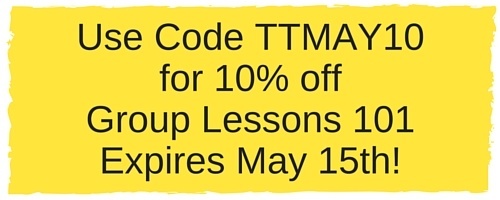
Tracy Selle and I interviewed 6 guest experts about how they use groups and camps to enhance their businesses. Our comprehensive course gives you over 6 hours of video, tons of resources and materials to help you get started, plus you get access to our exclusive Mastermind Group on FB!
BONUS: When you purchase Group Lessons 101, you’ll get my Music Blast Camp plans absolutely free – $40 value. It has everything you need to run a fun outdoor music camp for ages 6-14: advertising, registration, daily schedules, and DIY instructions. I’ve got you covered!
Want a sneak peek of my Music Blast Camp? Join my mailing list and get a FREE 6-page preview with DIY Boomwhacker Instructions and Music Charts!
How’s your summer camp planning going?
Please leave any questions or comments you have about planning and scheduling your summer camp below.
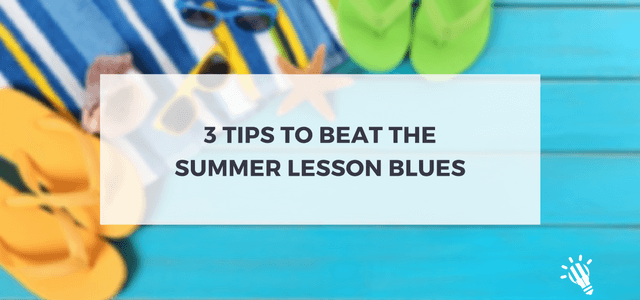
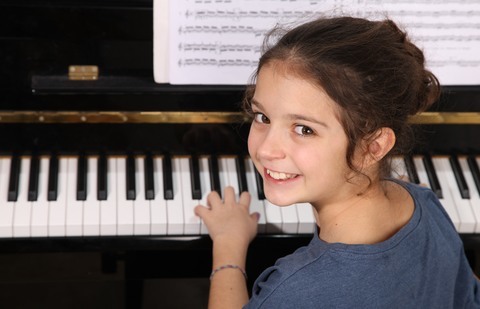
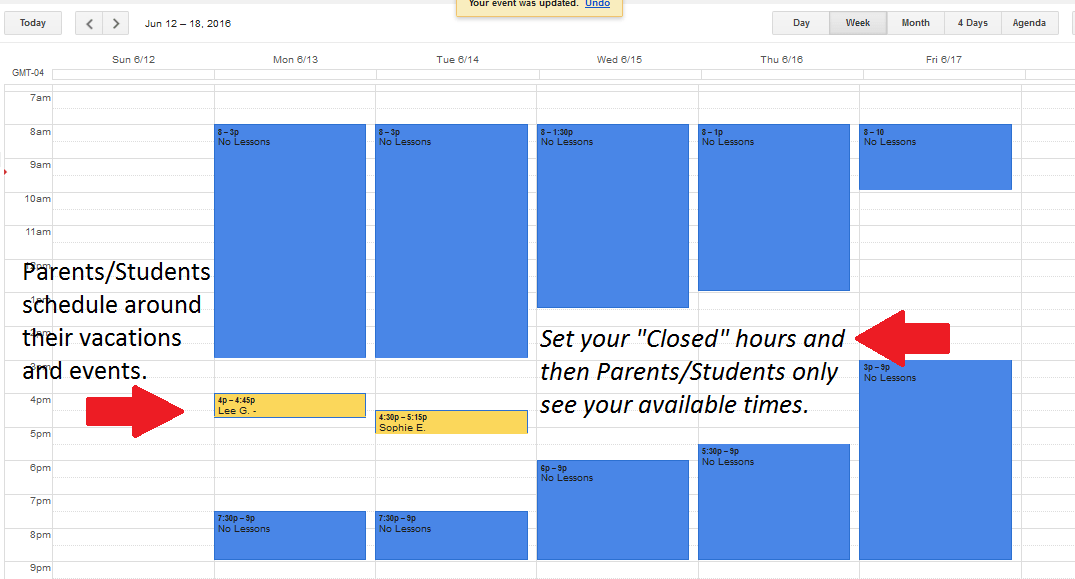

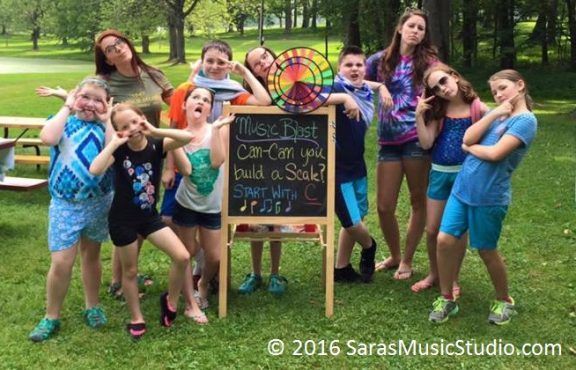
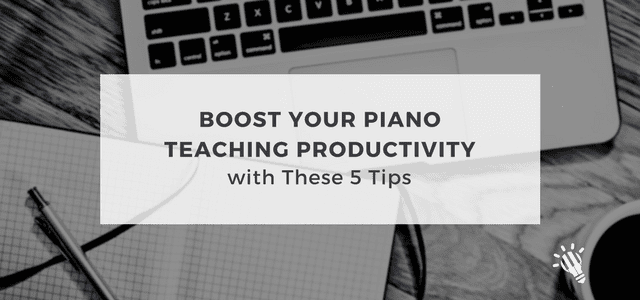
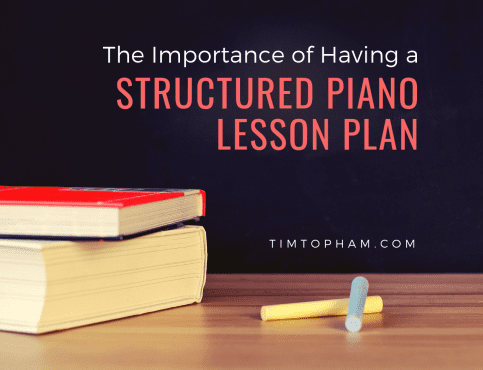
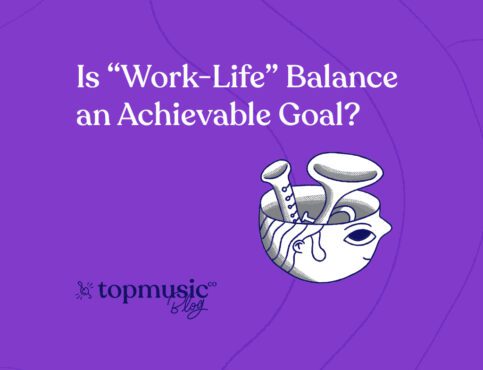

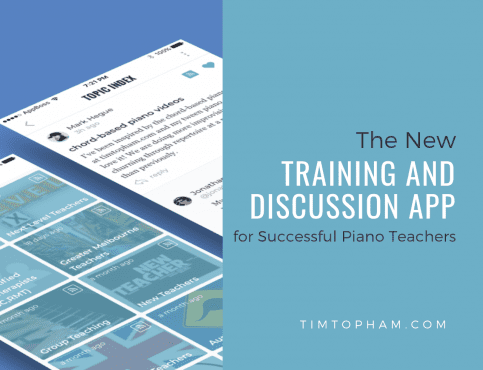
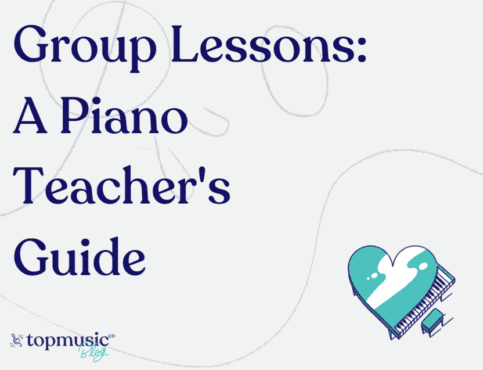
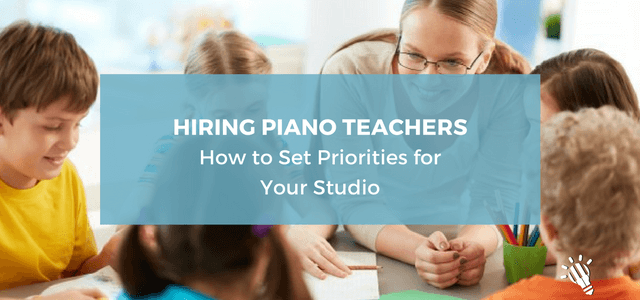
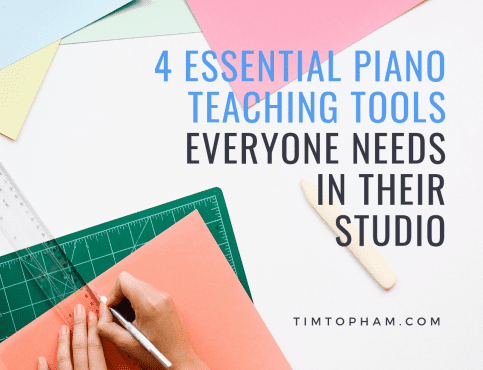
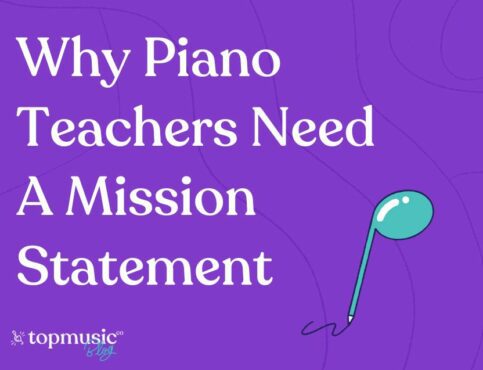



April Cook says:
Music summer camps sound like a great idea. I like that it allows the teacher and students to be creative and have fun. This would be a good way to get new students interested in continuing lessons. What is a good way to figure out how many students I can handle at the same time?
Sara Campbell says:
Hi April! It depends on the style of workshop you’re running and your topic. Is it on keyboards? Off keyboards? Outside? Inside? What age range are you thinking about teaching?
Marie Lee says:
I feel your enthusiasm and energy all through this article–thanks Sara! Love your “Individual Project” video idea for your teens! I’d love to see a finished video if you and a teen are willing to share with the rest of us 🙂
Sara C. says:
Thanks, Marie!
Definitely hoping to share those IPs. I’ve got three teens doing projects so far. The one project is AMAZING — he’s playing the Lee Evan’s arrangement of “In the Mood” and we’re filming him, then we’ll do a slideshow arrangement of pictures of his grandfather’s Big Band from the 1940s/50s. It’s going to be a
tear-jerker! 🙂